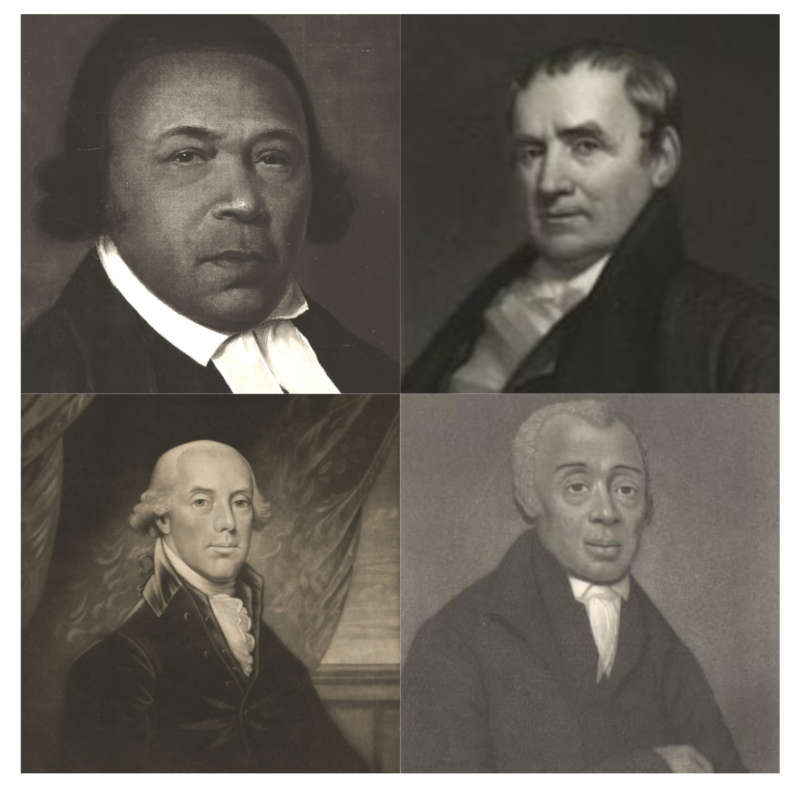Open to Public
National Institutes of Health
Fri, Aug 05.2011
About the play
-
Long Day's Journey Into Night by Eugene O'neill
Eugene O'Neill's Long Day's Journey into Night depicts the struggles of Mary Tyrone, a woman who abuses prescription painkillers and relapses into full-blown morphine addiction. It is also the story of how Mary's addiction rips her family apart, as her morphine use slowly becomes apparent to her husband and two sons, who struggle with alcohol abuse and addiction. It is widely believed that Long Day's Journey into Night is an autobiographical play, and that the troubled characters in it are based on members of O'Neill's own family, including his mother, Ella, who struggled with morphine addiction for most of her life. In his dedication of the play to his wife Carlotta, O'Neill states that it is a "play of old sorrow, written in tears and blood," and that he wrote it "with deep pity and understanding and forgiveness for all the four haunted Tyrones." O'Neill wrote the play for personal reasons, and the Addiction Performance Project present the plays to diverse audiences to elicit personal responses and candid discussion about addiction.
Explore Projects
-
 War & Mental HealthTheater of War
War & Mental HealthTheater of WarRooted in discussions about the invisible and visible wounds of war, the company’s hallmark project is designed to increase awareness of psychological health issues, disseminate information on available resources, and foster greater community cohesion.
-
 RacismA REFUTATION
RacismA REFUTATIONA REFUTATION presents dramatic readings by acclaimed actors of excerpts from two conflicting historic accounts of Philadelphia’s 1793 yellow fever epidemic as a catalyst for guided audience discussions about health inequities in America today, grounded in the perspectives of nurses, caregivers, and first responders.
-
 War & Mental HealthTheater of War: Hector, Andromache, and the Death of Astyanax
War & Mental HealthTheater of War: Hector, Andromache, and the Death of AstyanaxTheater of War: Hector, Andromache, and the Death of Astyanax presents live, dramatic readings of selections from Homer’s Iliad, Book VI and scenes from The Trojan Women by Euripides—featuring acclaimed actors and a Chorus of students, from a variety of backgrounds, whose lives have been impacted by war—to help frame powerful, healing dialogue about the human cost of war, centered on the suffering of children and civilians. The project uses ancient texts that explore and depict the dehumanization of war to create a vocabulary for openly discussing challenging and divisive subjects, with the aim of generating compassion, empathy, moral repair, understanding, and positive action.